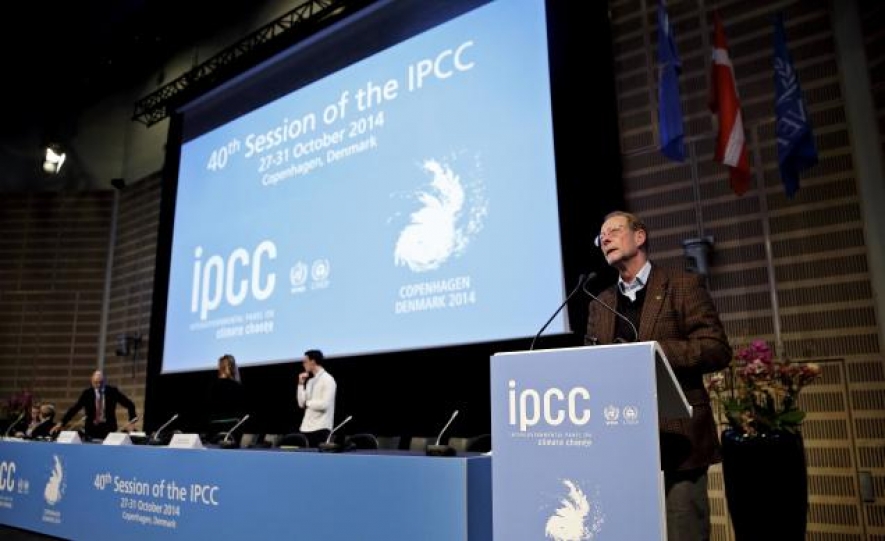Combining the findings of three earlier reports, the report by the Intergovernmental Panel on Climate Change is also expected to describe how climate impacts, including melting Arctic sea ice and rising levels, are already happening and could become irreversible unless the world curbs its greenhouse gas emissions.
The IPCC says scientists are now 95 per cent certain that the buildup of such gases from the burning of fossil fuels and deforestation is the main cause of warming seen since the middle of the 20th century.
“The report offers conclusive scientific evidence that human activities continue to cause unprecedented changes in the Earth’s climate,” said Achim Steiner, the head of the U.N. Environment Programme.
The world has the technology and capacity to act, and needs to do so urgently, Steiner told The Associated Press, as the cost of achieving emissions cuts increases exponentially with each year “because you will have to make far more drastic changes in our economy.”
While the IPCC tries to avoid explicitly telling governments what they should be doing, the report will present scenarios showing that warming can be kept in check if the world shifts its energy system toward renewable sources like wind and solar power and implements technologies to capture greenhouse gases from the atmosphere.
Racing against the clock, scientists and government representatives, who jointly approve the document line by line, worked all night until 5 a.m. local time on Saturday then rested for a few hours before resuming the session in Copenhagen. IPCC spokesman Jonathan Lynn said delegates still needed to agree on some parts of the report before it’s proof-read and prepared for release.
“We’re looking forward to releasing the report Sunday as scheduled,” he said.



















